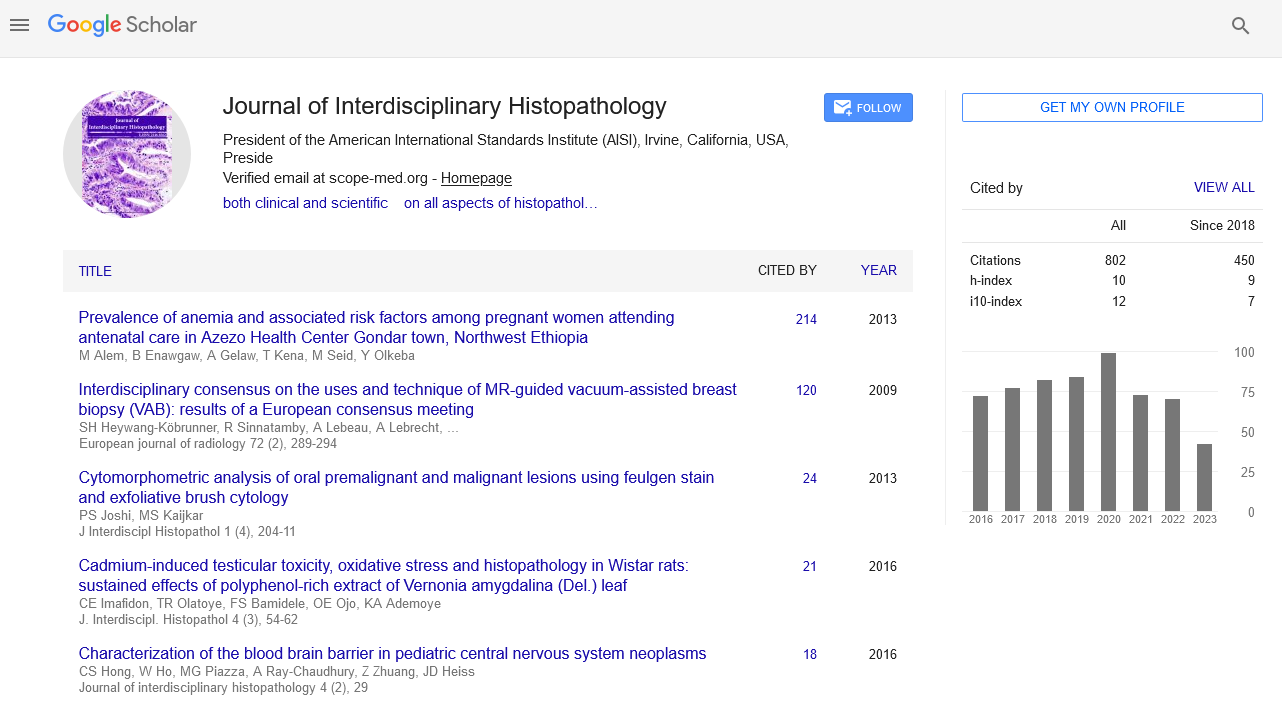Differential expression of LMP2/β1i: As a potential biomarker of human uterine mesenchymal tumors*
Abstract
Takuma Hayashi, Akiko Horiuchi, Kenji Sano, Gal Gur, Hiroyuki Aburatani,Osamu Ishiko, Nobuo Yaegashi, Yae Kanai, Dorit Zharhary, Susumu onegawaIkuo Konishi
Uterine leiomyosarcoma (Ut-LMS) develops more often in myometrium of the uterine body than in the uterine cervix. The development of gynecologic tumors is often correlated with female hormone secretion; however, the development of Ut-LMS is not substantially correlated with hormonal conditions, and the risk factor(s) are not yet known. Importantly, a diagnostic-biomarker, which distinguishes malignant tumor UtLMS from benign tumor leiomyoma (LMA), is yet to be established. Accordingly, it is necessary to examine risk factor(s) associated with Ut-LMS, to establish a clinical treatment method. The mice with a homozygous deficiency for proteasome subunit, lowmolecular mass polypeptide (LMP) 2/β1i spontaneously develop Ut-LMS, with a disease prevalence of ~40% by 14 months of age. In the recent study, we found LMP2/β1i expression to be absent in human Ut-LMS, but present in human uterine LMA. Moreover, LMP2/β1i is reported to negatively regulate human Ut-LMS tumorigenesis. Therefore, LMP2/β1i is a potential diagnostic-biomarker for human Ut-LMS, and may be a targeted-molecule for a new therapeutic approach.
PDF





